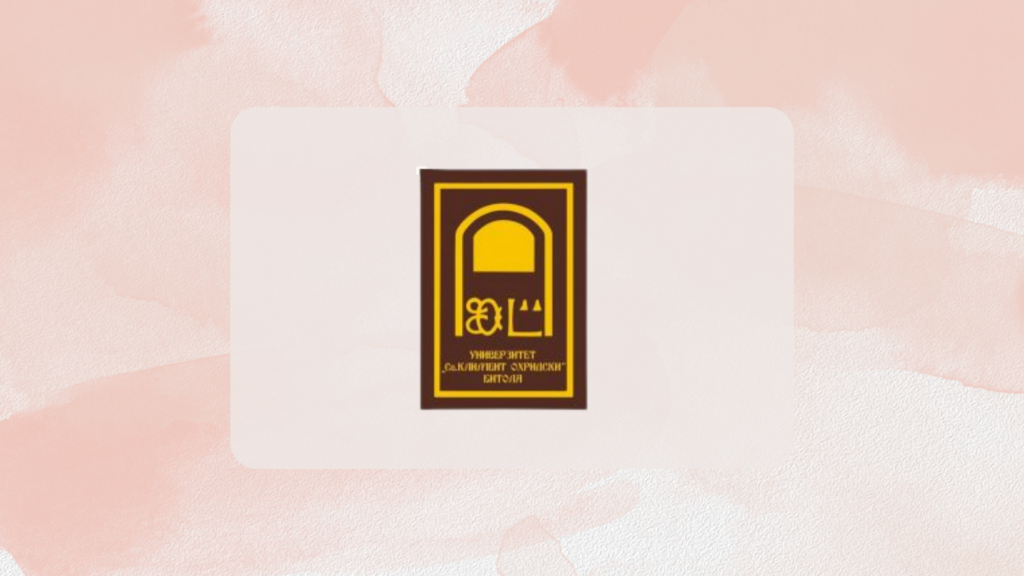UKLO is the second oldest state university in theRepublic of North Macedonia, with seat in Bitola. Since its foundation
(1979), UKLO has provided HE for over 42000 graduate students. Currently, it operates with approximately 7.000 students in the system. These figures make UKLO a medium-sized, yet comprehensive HEI with academic offer ranging among a variety of studies. UKLO is member of EUA, BUA, and Magna Charta. The Faculty of Security (project partner) was founded in 1977 within the Center for Educating personnel for security and social self-protection, remaining long period the only higher education institution in the territory of former Yugoslavia. It was focused on education of staff of the police and the security agencies. Today, the studies at the Faculty of Security Skopje are organized in all three cycles of studies. I cycle (undergraduate) II cycle (MASTER) III cycle (doctoral) Bachelor of Criminalistics Master of Criminalistics PhD in Security Bachelor of Security Master of Security Bachelor of Security and Euro-Atlantic Integrations Master of Crisis Management Bachelor of Criminology and Crime Policy Master of Forensics Bachelor of Security and Financial Control Master of Security and Financial Control Spec. of Security Table 1: An overview of study programs The faculty is one of the leading educational and research institutions in the field of security studies in the Western Balkans, committed to excellence in education, research, developing creativity and critical thinking. The academic staff of the Faculty of Security-Skopje is comprised of 38 professors with PhDs with different backgrounds and provide advocacy in the following areas:
- Policing
- Gender based violence
- Conflict and emergency management
- Criminology
- Constitutional, humanitarian and public law
- Political studies, International relations and European affairs
- NATO and Euro-Atlantic integration
- Migration and security policies
- Criminal justice, criminal procedure and crime policy
- Criminalistics The faculty annually enrolls around 300 students in 1st cycle, 30-35 in 2nd and 4-5 in 3rd cycle/doctoral studies.

